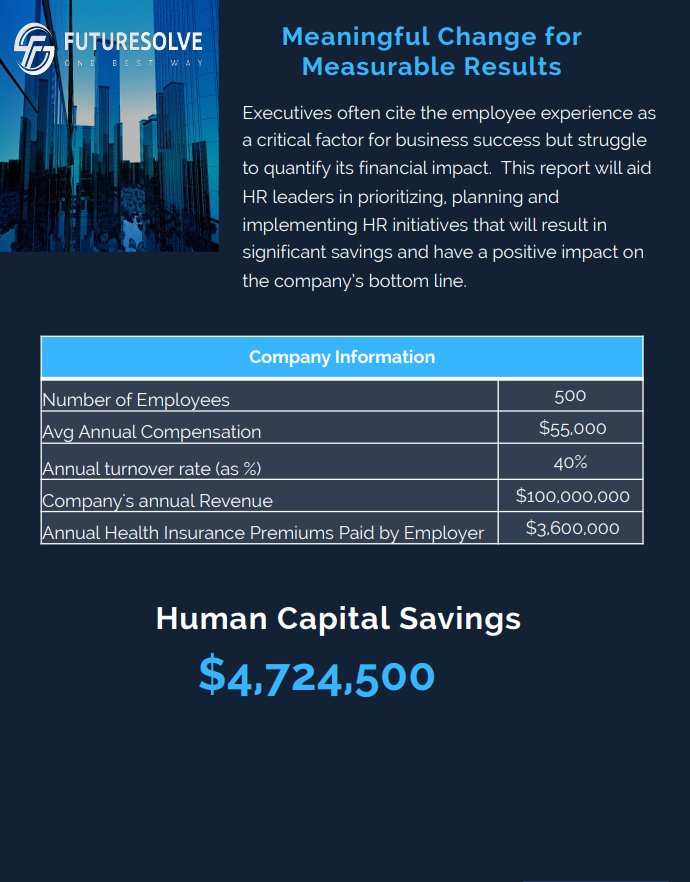In a company, multiple employee development programs are executed to accelerate the overall level of performance. The popular ones you can consider are mentoring and coaching. In case you are confused between the two, we will help you with relevant points of differences between coaching vs mentoring within organizations.
In an organization, it is imperative for employees to ensure some type of coaching or mentoring at the respective workplace. It helps in building good morale, improved job satisfaction, and ample productivity. As a matter of fact, the wide range of positive benefits can result in improved performance of the company throughout. Whether you have an active coaching or employee mentoring program in place, or you are taking initiatives in the given context, it is crucial to understand distinct meanings of both coaching and mentoring programs for your organization.
The Difference Between a Mentor and a Coach
A mentor is an individual who is responsible for sharing the respective skills, knowledge, and experience for helping another individual in the organization to develop and grow. On the other hand, a coach is defined as an individual who is responsible for providing guidance to a specific client on the respective goals while helping them to reach their maximum potential.
In mentoring-specific meetings, it is likely that the mentor is doing most of the talking. On the other hand, in a dedicated coaching program, a coach is responsible for posing questions while providing the other person they are coaching ample space to think upon and do the majority of talking.
Ultimately, both coaching and mentoring are about providing help to individuals to achieve their respective goals by leveraging the experience of a mentor or a coach. They are observed to be evolving from either non-directive (coaching) or directive (mentoring) positions to fit in the organization.
The Benefits of Mentoring
Mentoring programs in an organization can serve as powerful retention and recruitment tools when these are developed in an intentional and thoughtful manner. When resourced adequately, and deployed effectively, mentoring programs are capable of attracting potential employees, growing the current workforce, and retaining talent.
Mentoring helps in elevating knowledge transfers and transforming the processes such that organizations are capable of retaining the practical wisdom and experience gained profits out of long-term employees. It helps in broadening the perspective of the mentees and exposing opportunities to learn as well as contribute to the organization significantly.
Some of the proven benefits of mentoring are:
- Increased productivity
- Cross-organization knowledge sharing
- Ability to develop and grow future leaders
- Skilled and well-rounded workforce
- Broadening of employee perspective
- Improved professional development
- Creation of an inviting and open culture
The Benefits of Coaching
Coaching within organizations is increasingly popular in the digital era. People keep seeking professional advice on work, objectives, and the overall life as our society is becoming more automized.
Opportunities for relevant coaching and professional development should be the main focus as the workplace keeps developing. With relevant coaching programs within organizations, employees can look forward to receiving strategic counsel on attaining their full potential and achieving career goals. Essentially, coaching is about assisting employees in the determination of what they are performing well and where there is a requirement for improving for advancing in the respective careers.
Some of the additional benefits of coaching in organizations are:
- Increased responsibility and personal accountability
- Improved ability to solve challenges and complete work-related tasks
- Improvement in individual performances by learning and developing new talents
- Achieving improved clarity in objectives and responsibilities
- Improved openness to feedback and improved positive attitudes towards colleagues
How to Choose Between Mentoring and Coaching?
Both mentoring and coaching can have a wide range of potential benefits to the organization. When these processes are conducted properly, both the employers and employees receiving coaching and mentoring, can achieve positive results.
When you need some push to move forward within an organization, should you seek services from a mentor or a coach? Whether you choose a coach or a mentor for your organization, it will entirely depend on the specific needs of your company. Some points to consider are:
-
Decide the Type of Assistance Your Employees Need:
Are your employees searching for ways to scale the corporate ladder? Do you wish to be selected for high-powered and top-rated job assignments? Are you interested in working on internal committees? Do you wish to improve your presentation skills for delivering improved presentations? When you decide the specific needs of your employees, you can come across the right coach or mentor for your organization.
-
Determine the Desired Outcomes:
What do you wish to achieve at the end of the dedicated organizational program? You can discuss the end objectives or outcomes with your coach or mentor. Based on the same, you can make a well-informed decision.
-
Assess Your Organizational Structure:
Professional coaches are known to address short-term needs. Their ultimate focus is to help in achieving the respective goals of your company. On the other hand, mentoring is about long-term goals. It involves the development of employees over time to take up leadership roles.
Once you have assessed the specific goals of your organization -whether its organizational structure is short-term or long-term, you can think of going with the hybrid model as well. As you are now aware of the next series of steps that are required for developing or improving the employee development programs, it is imperative for you to choose between a mentor and a coach.
Conclusion
When you are involved in a mentoring and coaching relationship between employers and employees, it can improve the personal as well as professional lives of the parties involved. You should be open to all possibilities.





























